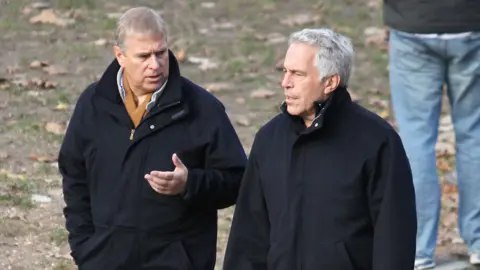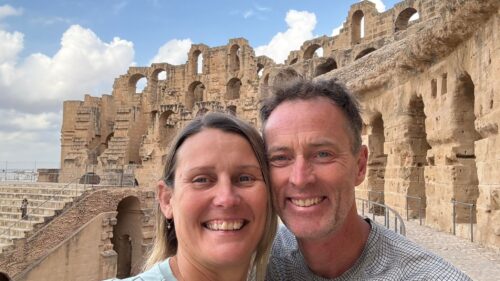
The world must call the crime by its proper name: Genocide: Luis Moreno Ocampo’s article for The Washington Post
In 2021, President Biden recognized the 1915 removal of
Armenians from their lands in Anatolia, in today’s Turkey, as genocide. The
United States had been silent on the issue for more than a century, and its
silence had grievous consequences. Today, Armenians need global leaders,
including Biden, to stop a new genocide — one that started this past winter and
is now evolving into a more brutal phase. Former Chief Prosecutor of the
International Criminal Court, assistant prosecutor in the Trial of the Juntas
Luis Moreno Ocampo wrote this in his article The Washington Post.
The author notes that in return for stopping the bombing,
Azerbaijan demanded the surrender of Nagorno-Karabakh’s top leaders and the
disarmament of all the armed forces of the Karabakh authorities. As
Azerbaijan’s victory became more apparent, scores of Nagorno-Karabakh’s
Armenian civilians gathered around the airport in Stepanakert (the enclave’s
biggest city) looking to flee their ancestral lands.
As Ocampo writes, they have every right to fear the next
steps Azerbaijan’s President Ilham Aliyev might take. Since December 2022,
Azerbaijan has blocked the Lachin Corridor, the only connection between Armenia
and Nagorno-Karabakh. On Feb. 22, the International Court of Justice, after
hearing arguments from both sides, ruled that the blockade produced a “real and
imminent risk” to the “health and life” of Nagorno-Karabakh’s Armenian
population.
Ocampo notes that rather than comply with the court’s
binding order to end the blockade, Azerbaijan security forces doubled down in
June, sealing off the enclave entirely, preventing even the transfer of food,
medical supplies and other essentials. Since then, Aliyev has repeatedly
ignored calls from the U.N. secretary-general and the U.S. secretary of state
to comply with the court’s ruling. He correctly understood that Azerbaijan
would bear no serious costs from the international community for its actions.
Azerbaijan’s defiance is ominous. In international law, the
Genocide Convention of 1948 makes it clear that one way to commit the crime is
by “deliberately inflicting on [a] group conditions of life calculated to bring
about its physical destruction in whole or in part” (Article II c). By blocking
the Lachin Corridor, Aliyev turned Nagorno-Karabakh into a vast concentration
camp for 120,000 Armenians. This week’s military intervention added killing
(Article II a) and causing serious bodily and mental harm (Article II b) to the
ledger.
“What happens next?” asks the author. He notes that because
Nagorno-Karabakh authorities surrendered, the international community has urged
Aliyev to guarantee the full rights of his Armenian citizens in the enclave.
Aliyev’s government has said it is not committing ethnic cleansing and assured
the world that “reintegration” will bring prosperity to the region.
But Ocampo notes that this rhetoric rings hollow given what
has already been done. And Azerbaijan’s ambitions extend beyond
Nagorno-Karabakh. Since 2010, Aliyev has regularly talked about Armenia itself
as “Western Azerbaijan,” echoing long-standing Azerbaijani claims that Armenia
as a whole is an illegitimate state. As recently as December,
he said that “present-day Armenia is our land.”
“The world must call the crime by its proper name. Resistance
to using the term “genocide” has been a long-standing problem in international
affairs. In April 1994, most U.N. Security Council members refused to label the
mass killings in Rwanda as genocide. Little has changed in 30 years.
Today, as always, geopolitics explain the world’s reticence.
Azerbaijan is an ally with the West against Iran; it provides energy to Europe
and it spends millions on sophisticated Israeli weapons. But such exigencies
must not get in the way of the world’s responsibility to stop what is happening
before its very eyes: the Armenian genocide of 2023,” Ocampo concluded.


